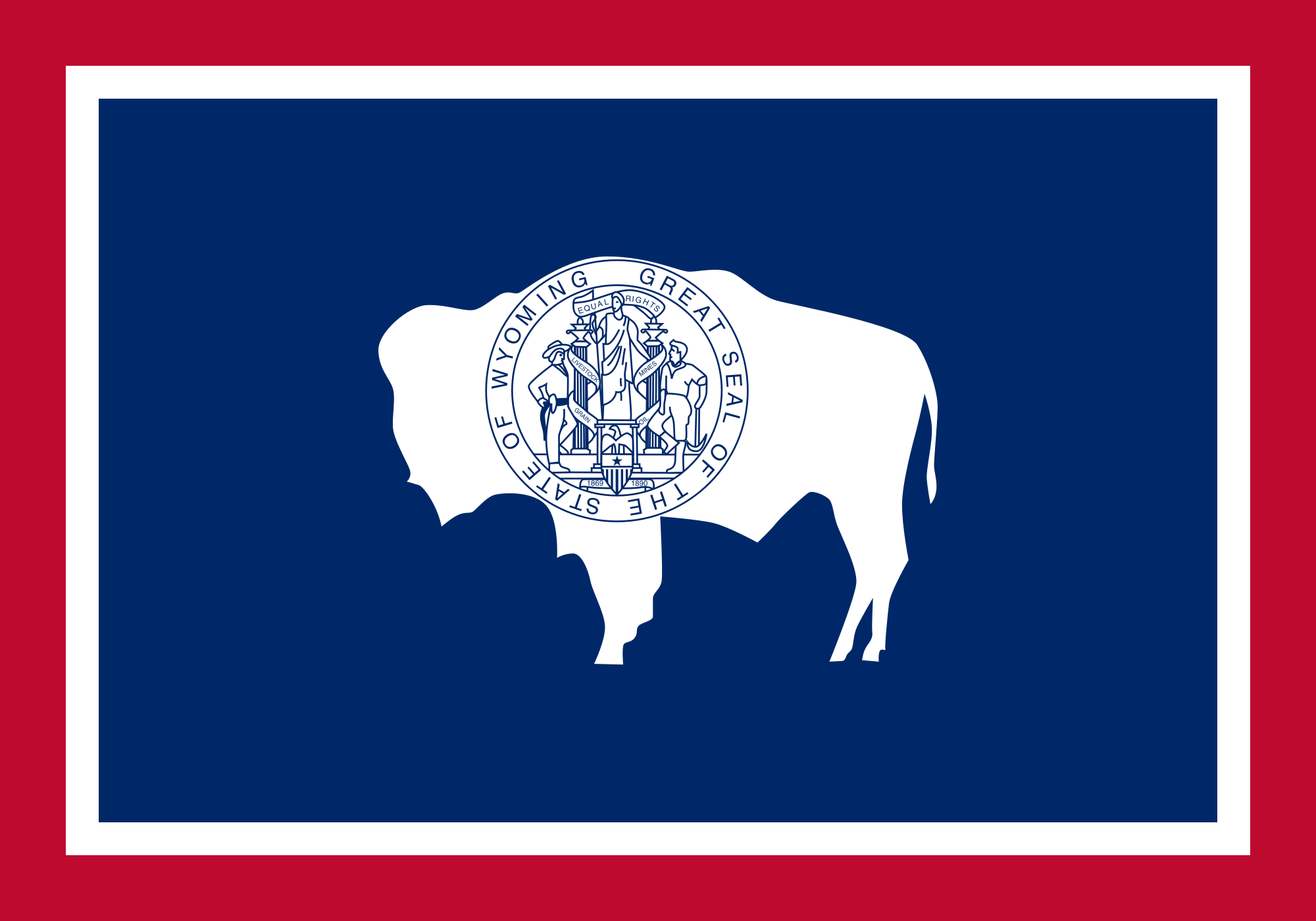SVIalpine.com is made possible thanks to a partnership between SVI Media, the Alpine Travel & Tourism Board and the Town of Alpine.
© 2024 SVI Media
Proudly built by Wyomingites in Wyoming

By Hannah Shields
Wyoming Tribune Eagle
Via- Wyoming News Exchange
CHEYENNE — A citizen-led initiative to slash property taxes for qualified Wyoming homeowners by 50% was certified Friday by Wyoming Secretary of State Chuck Gray to appear on the 2026 general election ballot.
The “People’s Initiative to Limit Property Tax in Wyoming through a Homeowner’s Property Exemption,” spearheaded by former gubernatorial candidate Brent Bien, would exempt half of the assessed value of an owner’s primary property from property taxation, as long as the property owner has lived in Wyoming for at least a year.
Bien campaigned to put the initiative on the 2024 general election ballot but failed to get the 29,730 signatures, with 15% of voters from at least 16 of Wyoming’s 23 counties, by the deadline.
However, Gray announced on Friday that the ballot initiative gathered the necessary signatures to put the initiative before Wyoming voters in November 2026. According to Gray, there were 30,251 valid signatures submitted to his office, which exceeded “15% of those who voted in the preceding general election in Wyoming, and 15% of those resident in at least two-thirds of the counties in the state …” Gray noted in a Friday news release this “is an historic moment for our state.” For the first time in 30 years, voters in the 2026 general election will see a citizen-led initiative on the ballot.
“The people’s right to propose and enact laws by initiative to address fundamental issues, such as property tax limits, is pivotal to our state,” Gray said. “I look forward to putting forward to the People of Wyoming the choice of property tax limits in the upcoming election.”
Something to consider
Revenue Department Director Brenda Henson told the Wyoming Tribune Eagle on Friday that the proposed ballot initiative, which currently doesn’t require a backfill from the state, is something lawmakers may consider as they file their own property tax relief bills for the 2025 general session.
“Up until today, it was not known that it, in fact, had enough (signatures) and had been certified and that it was going to be on the ballot,” Henson said.
Based on current census data, Henson estimated that 173,000 residential properties could qualify for this tax exemption, but it’s not clear how much tax revenue would be lost, should it pass in 2026.
Several lawmakers have criticized this ballot initiative in the past, arguing it could result in severe revenue loss for local county and city services.
Rep. Liz Storer, D-Jackson, previously told the WTE it was “highly unlikely” this loss in revenue would be backfilled by the Legislature, and it could cost the state millions of lost dollars for K-12 education funding.
“This initiative will help rich people the most at the expense of Wyoming’s kids and its communities,” Storer wrote in an email. “There’s a better way to provide meaningful tax relief to those who really need it.”
Property taxes are a primary source of funding for local services, law enforcement and public school funding. The state lost about $13 million in education funding this year after a 4% property tax increase cap on residential property went into effect. Henson told the WTE that education eats up 72% of every property tax bill.
“At some point, you know, the Legislature just has to determine what their revenue source to fund education (will be),” Henson said. “If you’re going to reduce the property tax piece, do you cut education funding? Or do you find another revenue source?”
Other property relief measures, including a 4% cap on property taxes for residential land and a 50% long-term homeowners tax exemption, are set to take effect in the 2025 tax season. Cheyenne and Laramie County officials told the WTE this property tax exemption could have a significant impact on local services, and will likely depend on the state to provide a backfill.
Members of the Legislature’s Joint Judiciary Committee recently proposed removing the sunset date on the long-term homeowners tax
Henson questioned how this ballot initiative, plus the potential to extend the long-term homeowners tax exemption, will coincide in the 2027 tax season. These will be matters legislators will likely discuss in the next two sessions, and the following 2027 general session, should voters pass the initiative.
“If you reduce the assessed value, you still have to fund government,” Henson said. “It will be interesting to see, should this pass, what other steps the Legislature may take in order to fund governmental services, to include education, health, welfare and safety of our citizens.”
In addition, more property tax relief measures are on the table during the 2025 general session. One of these is a homeowners tax exemption bill that was vetoed by Gov. Mark Gordon last year.
Senate File 69, “Homeowner property tax exemption,” provides homeowners a tax exemption of 25% for the first $2 million worth of fair market value. This exemption comes with a price tag of $125 million for the state, to backfill lost tax revenue to local towns and counties.
“There are multiple bills that will be considered during this legislative session,” Henson said. “Only the Legislature can provide an answer to how (this initiative is) going to impact their actions that they’ll take during this legislative session.”
SVIalpine.com is made possible thanks to a partnership between SVI Media, the Alpine Travel & Tourism Board and the Town of Alpine.
© 2024 SVI Media
Proudly built by Wyomingites in Wyoming
